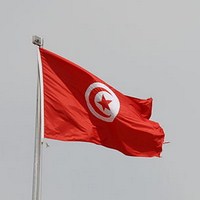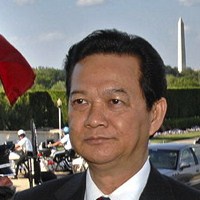
A rather small country by its size and population—65 million, less than 1 percent of total global population—France is nevertheless one of five to 10 countries that can claim to be major powers in today’s world. The French economy is, however, plagued with sluggish growth, an unemployment level now hovering around 10 percent of the active population, a budget that has been in deficit for more than three decades and a public debt that represents more than 90 percent of its GDP—with more than 60 percent of that debt held by nonresidents, as opposed to about 30 percent for the […]








